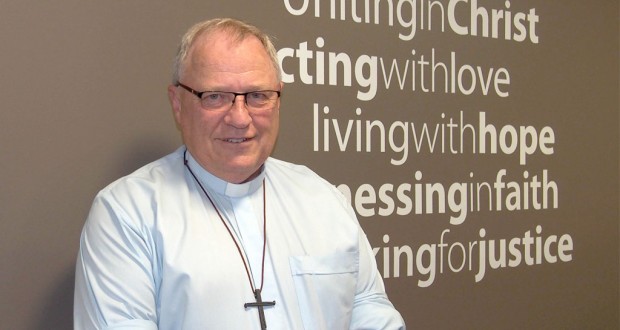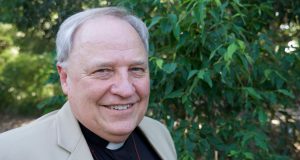“Looking to Jesus, the pioneer and perfecter of our faith.” Hebrews 12
“Pioneer” is a bit of an ambivalent descriptor these days. As a nation, we still have not come to terms with the British Empire’s arrival, even though the intent at first was probably just to find a place to dump cast-offs from society and develop a base to fight other European powers. Whatever the first intent, the colonialist spirit had been let loose, and we are still dealing with the good and the bad in the aftermath.
But pioneering—the exploration of new space—with the change that comes with it, is at the heart of the Christian faith.
The life of Jesus of Nazareth was a pioneering one. Jesus took seriously the vision of God’s establishment of a people to be a light to the nations, and sought to explore what that meant. In time, he discerned that the realisation of the Kingdom of God entailed for him the way of the cross; that was a pioneering journey like no other.
God raised Jesus from the dead, and so another pioneering journey begins—for Jesus, and his return to God, and for the community of believers, whose lives are now about exploring what the resurrection of Jesus means for humanity.
Jesus’ resurrection spilled out into the world and transformed people’s views of themselves, their neighbour, and their world—both tangible and metaphysical. Eventually, it influenced philosophy and government.
In the story of the church, we have to recognise that when a hegemonic and dominating spirit—always the shadow of a universal faith—was let loose, this pioneering became destructive and harmful. Yet that spirit is not unique to Christianity; it’s a mark of our fallen humanity.
In some ways, particularly in western Protestantism, the fear of that dominating spirit has resulted in a loss of the desire to explore and share the good news of the resurrection.
The rise of the nation state also suppressed the exploring spirit of Christianity; we became tamed and domesticated.
Yet now we live in a world of competing ideas, of tremendous disruption, of being brought close together by the technology of the Internet, and of travel. The idea of the nation state, once thought to be almost the end of history, is no longer completely unassailable. This is disturbing to much of Western Christianity, because we have accommodated ourselves to it, yet this disruption provides opportunity for this radical idea, the resurrection of Jesus, to be explored again. The marketplace of ideas is open; some who now dominate it want to exclude Christian faith—but how will we as the church, with this radical idea of the resurrection, engage in it?
 JourneyOnline
JourneyOnline





